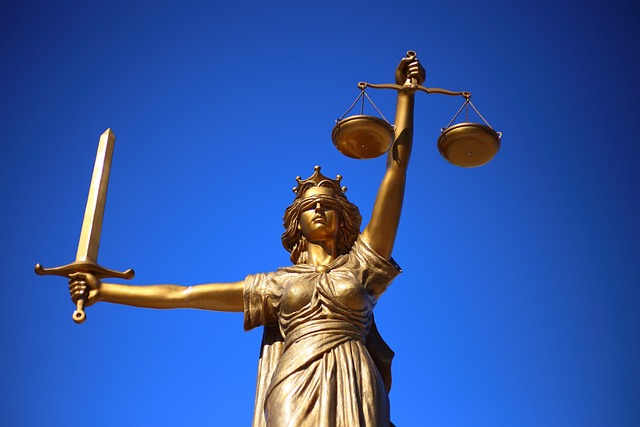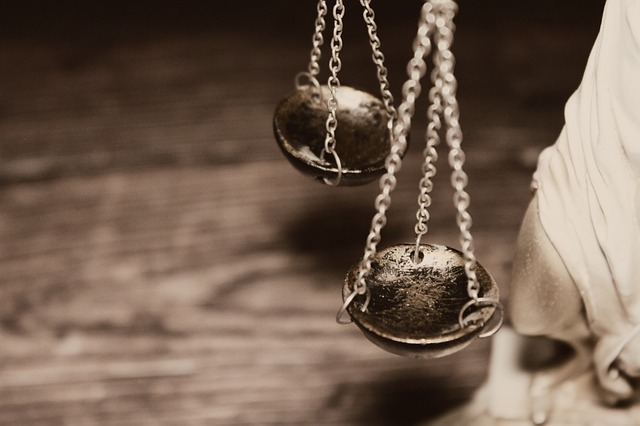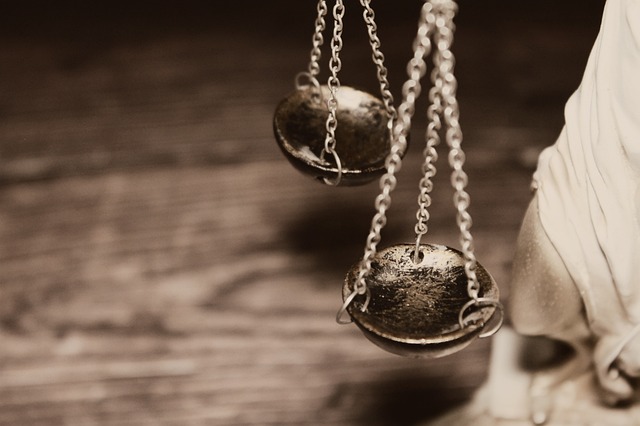The Role of Lawyers in Promoting Legal Fairness
Justice Advocates: Advocates for Legal Fairness
Lawyers play a crucial role in promoting legal fairness and ensuring justice is served. As advocates for their clients, they are tasked with upholding the principles of fairness, equality, and due process. In this article, we will explore the various ways in which lawyers contribute to the pursuit of legal fairness and the impact they have on society.
One of the primary responsibilities of lawyers is to provide legal representation to individuals who may not have the means to defend themselves. This includes marginalized communities, low-income individuals, and those facing discrimination or injustice. By offering their expertise and guidance, lawyers help level the playing field and ensure that everyone has access to justice.
Lawyers also play a critical role in advocating for legal reforms and shaping public policy. They work closely with lawmakers and policymakers to draft and amend laws that promote fairness and equality. Through their expertise and understanding of the legal system, lawyers can identify areas where the law may be unjust or discriminatory and work towards rectifying these issues.
Furthermore, lawyers are instrumental in ensuring that the legal system operates in a fair and impartial manner. They act as a check on the power of the judiciary and hold them accountable for their decisions. Lawyers meticulously analyze legal precedents, statutes, and regulations to ensure that the law is applied consistently and without bias. They challenge unfair practices and fight against any form of discrimination or prejudice that may arise within the legal system.
In addition to their role in the courtroom, lawyers also contribute to legal fairness through pro bono work. Pro bono refers to legal services provided free of charge to individuals or organizations in need. By offering their services pro bono, lawyers extend access to justice to those who may not be able to afford legal representation. This not only helps individuals in need but also strengthens the overall fairness of the legal system.
Lawyers also play a crucial role in educating the public about their legal rights and responsibilities. Through public outreach programs, legal clinics, and community workshops, lawyers empower individuals with knowledge about the law. This helps individuals make informed decisions, understand their rights, and navigate the legal system more effectively. By promoting legal literacy, lawyers contribute to a more equitable society where everyone can exercise their rights and seek justice.
Moreover, lawyers are often at the forefront of advocating for social justice causes. They use their legal expertise to fight against systemic injustices and advocate for the rights of marginalized communities. Whether it is representing victims of discrimination, working on cases related to human rights violations, or fighting for the rights of the underprivileged, lawyers are instrumental in bringing about positive change in society.
In conclusion, lawyers play a vital role in promoting legal fairness and ensuring justice is served. Through their legal expertise, advocacy, and commitment to upholding the principles of fairness and equality, lawyers contribute to a more just and equitable society. From providing legal representation to marginalized communities to advocating for legal reforms, lawyers are at the forefront of the pursuit of legal fairness. Their impact extends beyond the courtroom, as they educate the public, provide pro bono services, and fight for social justice causes. As advocates for legal fairness, lawyers are essential in upholding the rule of law and ensuring that everyone has equal access to justice.



